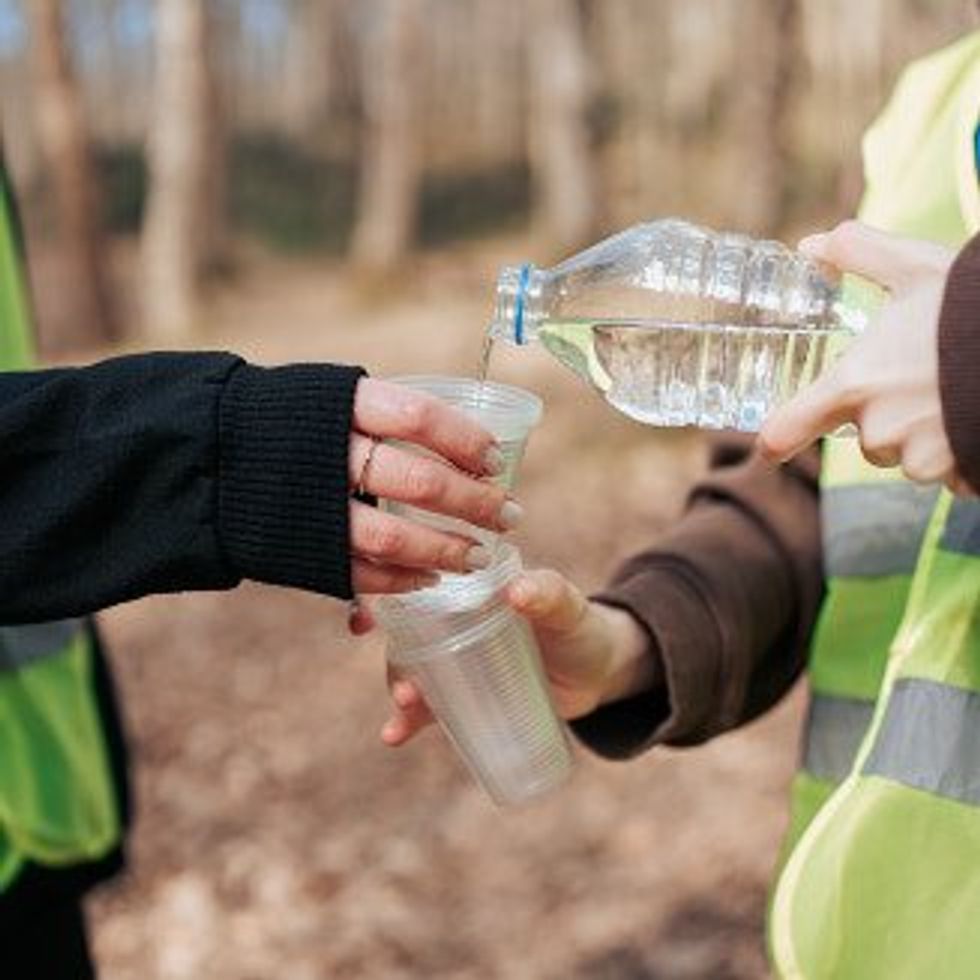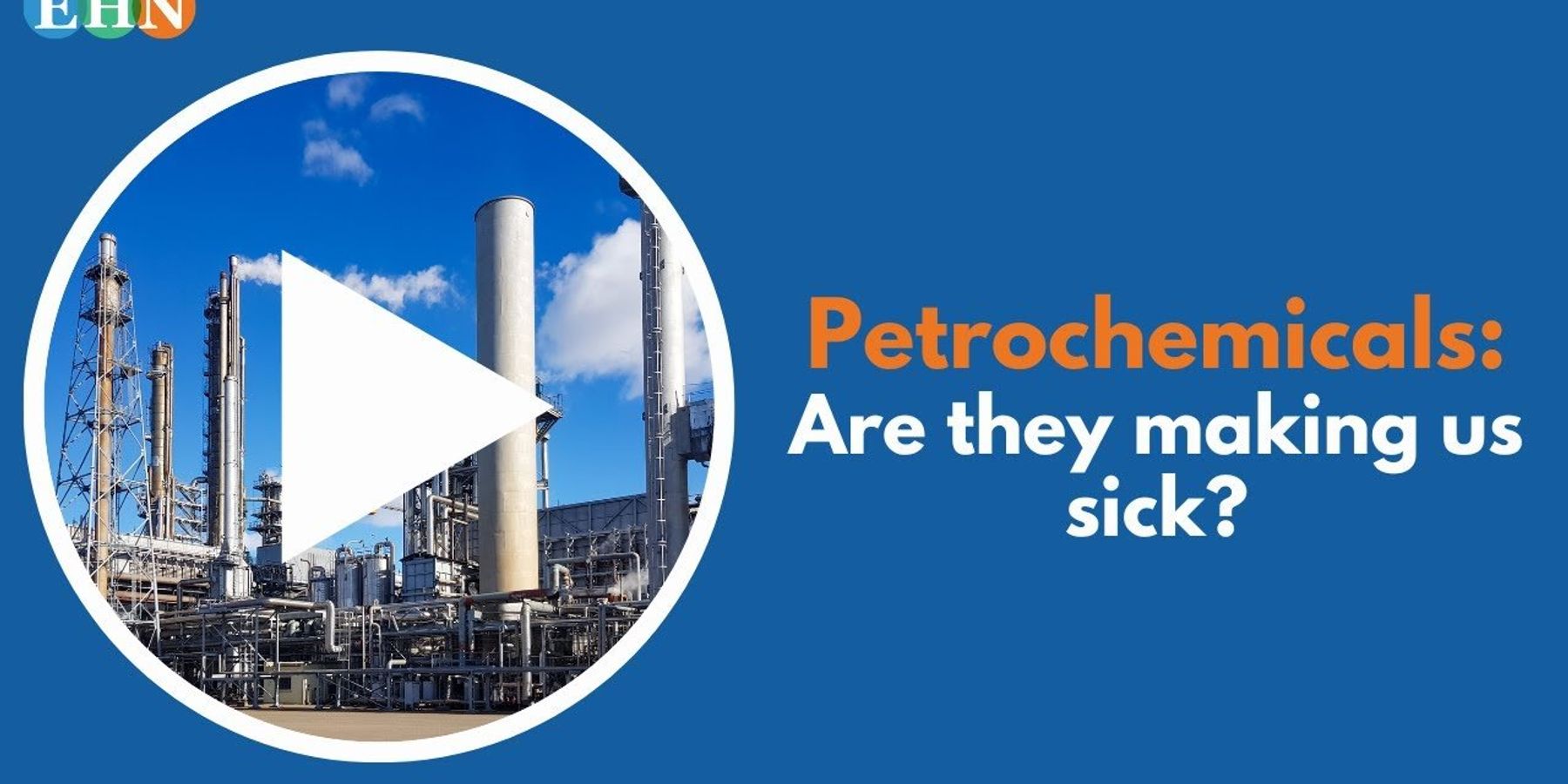Fossil fuels and petrochemicals may be making us sicker, research says
“These chemicals may be invisible, but they are having visible impacts.”
HOUSTON - Fossil fuel combustion and plastic production has increased more than 15 times since the 1950s and resulting exposure is linked to rising rates of cancer, neurodevelopmental issues and infertility, according to a new report.
The new research, published in the New England Journal of Medicine, highlights the concerns of chemicals derived from fossil fuels, specifically petrochemicals. Many of these are endocrine-disrupting chemicals, meaning they can disrupt the body’s hormones. Petrochemicals can be found everywhere: in plastic water bottles, water filters, clothing, furniture, cooking ware and more.
The rise of these chemicals coincides with more illness: In the U.S., rates of neurodevelopmental disorders, diabetes, chronic respiratory disease and cancer have increased between 28% and 150% between 1990 and 2019, according to the report.
This report is evident of correlation in which two things tend to occur at the same time and appear to not be by chance. However, it is not the same as causation and other types of studies would be required to prove causation.
“These chemicals may be invisible, but they are having visible impacts,” Tracey Woodruff, UC San Francisco professor and director of the EaRTH Center and Program on Reproductive Health and the Environment and author of the paper, told Environmental Health News (EHN).
It’s not just the U.S. Over the past seven decades, chronic health conditions have been on the rise worldwide, coinciding with the rise in plastic production and endocrine-disrupting chemicals. These chemicals can dysregulate hormones in different ways: they can alter the way hormones are built or how they move in the body and interfere hormone receptors.
The report notes a laundry list of health concerns associated with endocrine-disrupting chemical exposure: decreasing male sperm counts and harm to ovarian development, the development of metabolic disorders like obesity and diabetes, hormone-sensitive cancers, like breast or testicular cancer; and neurodevelopmental issues like lower IQs or attention deficit hyperactivity disorder, among others.
As plastic production is expected to nearly double by 2050, Woodruff and colleagues write that these issues are expected to worsen.


In addition, not everyone is equally exposed to these chemicals.. Communities of color are more likely to live at the fenceline of chemical facilities, increasing their exposure to fossil fuel and petrochemical pollution.
“These communities are also more likely to face other burdens like food insecurity, have lower incomes and insufficient access to medical care,” Woodruff said.
Woodruff said there are actions individuals can take to help decrease exposure. First, medical providers need to be more informed about the state of chemical regulation and their potential impacts on their patients’ health.
“Many clinicians are used to [the regulation of] pharmaceuticals,” Woodruff said. “If they are going to prescribe a drug to their patient, it is by law required to go through rigorous testing with animal studies as well as clinical trials. And it has to be proven both safe and efficacious before it can be prescribed to a patient.”
Additionally, Woodruff highlighted the need for reforms at the federal level.
“People think that the government is regulating everything and that’s not true,” Woodruff said. “It is really important for healthcare providers to speak out on behalf of their patients that there should be systemic change [for chemical regulation] through public policy, similar to pharmaceutical safety testing.”














